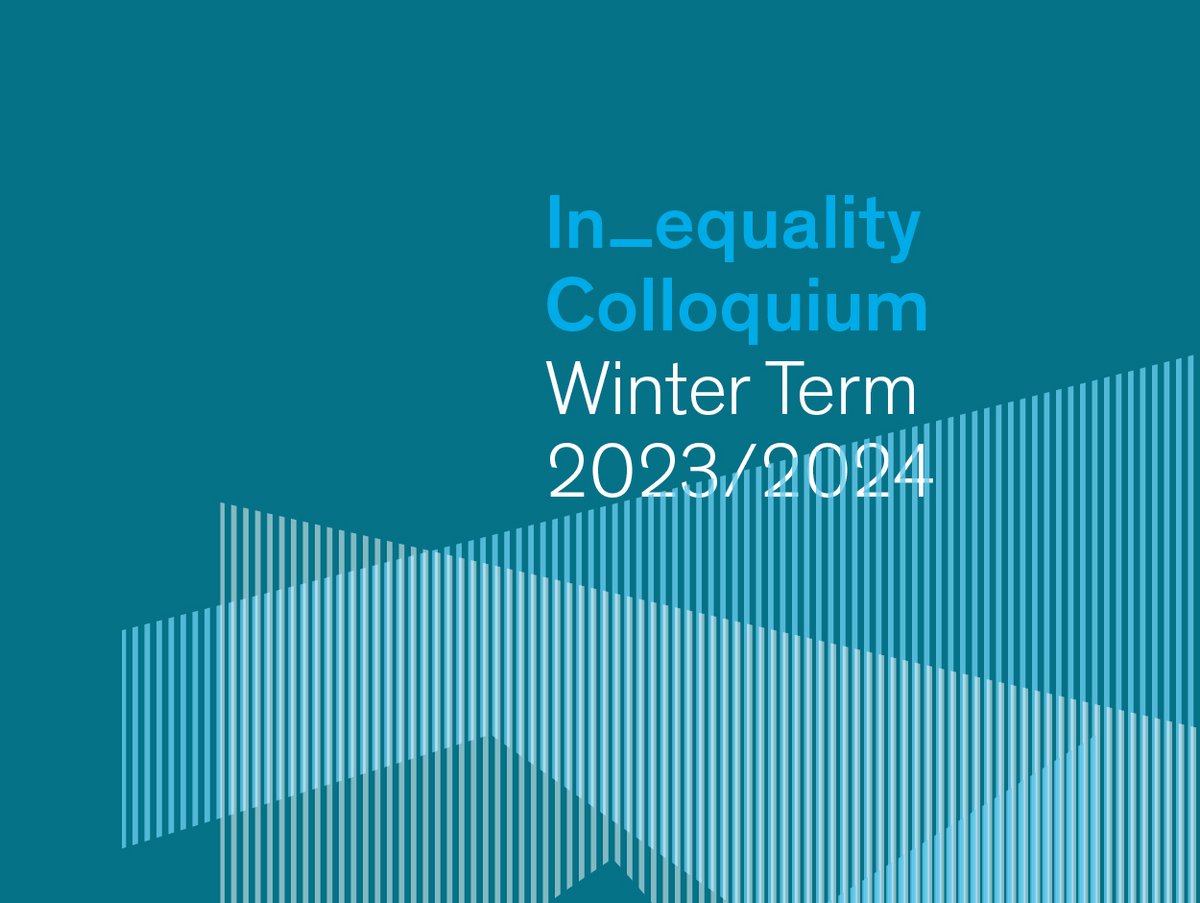In_equality Colloquium - Contextual factors for integrating migrants at the workplace
Wann
Dienstag, 16. Januar 2024
11:45 bis 13:15 Uhr
Wo
Y213 and online
Veranstaltet von
Cluster of Excellence "The Politics of Inequality"
Vortragende Person/Vortragende Personen:
Florian Kunze
Prof. Dr. Florian Kunze is holder of the chair for Organizational Behavior at the department for Politics and Public Administration at the University of Konstanz since 2014. He is principal investigator at the Cluster’s projects “"Digitalization, Automation and the Future of Work in Post-Industrial Welfare States” and “Integration at Work”. His main research interests include the management of demographic change in organizations, the design of effective leadership behaviors for individuals, teams, organizations, and evidence-based human management.
Abstract: Although the successful labor market integration of immigrants can promote their and their organization’s prosperity, immigrant newcomers often face a difficult socialization process with the potential to jeopardize their well-being. Considering the rising political polarization evident in many societies, the political environment in which organizations are embedded may determine whether immigrants’ integration efforts within organizations are received favorably or not. Building on and extending the relational diversity literature, we propose that regional support for far-right political parties affects how immigrants perceive their treatment by co-workers when entering a new workplace. Specifically, we propose that immigrants perceive increasing (decreasing) social undermining by their co-workers over time when employed by a company located in a region with higher (lower) far-right political support. Perceptions of increasing (decreasing) negative treatment will then negatively (positively) affect employees’ well-being, assessed by their emotional exhaustion and job satisfaction. We test and find support for our theoretical model in a unique dataset matching 776 apprentices in Germany (tracked from day one of their apprenticeships over a period of 13 weeks) with data from the 2021 German federal election.

